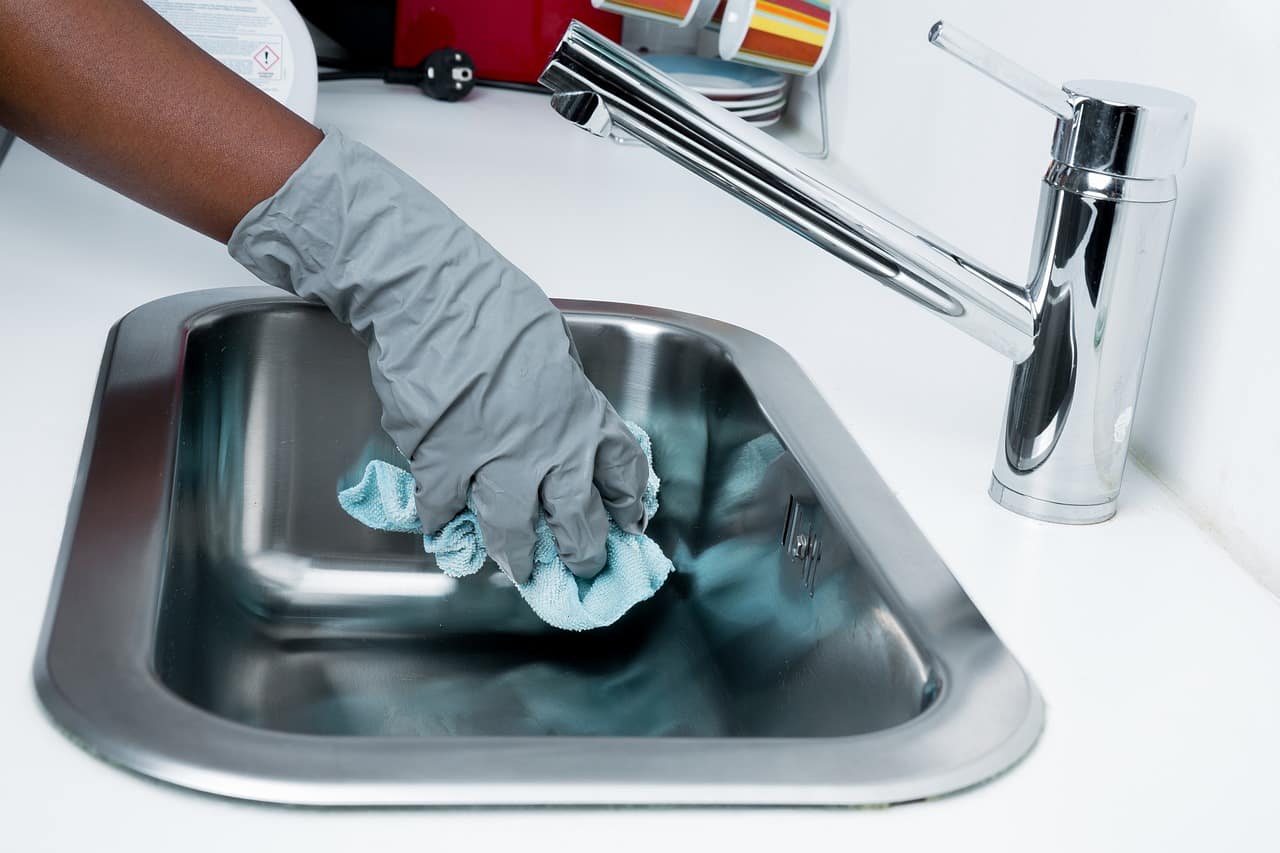In the home, a fire alarm is vital. The primary benefit and purpose of a fire alarm system are to provide maximum safety. They assist to alert people, keep them safe, and decrease the amount of damage to a structure.
All fire alarm systems work on the same basic idea. If a detector detects smoke or heat, or if someone activates a broken glass unit, alarm sounders sound to alert people in the building that there may be a fire and to advise them to escape. This is most likely the primary reason why a firm will install a fire detection system.
Have you ever considered installing a fire alarm in your home? or are you interested in the advantages of a fire alarm? This page will address all of your fire alarm questions.
Benefits Of Fire Alarm
Early Detection:
Fire detection systems are meant to identify fires early in their development when there is still time for occupants to be safely evacuated. Early detection is also important in ensuring the safety of emergency response workers.
A fire alarm system is made up of a collection of devices that work together to detect and alert people of the presence of smoke, fire, carbon monoxide, or other emergencies using visual and aural devices.
Fire detectors detect one or more of the aftereffects of fire, such as smoke, heat, infrared and/or ultraviolet light radiation, or gas. Smoke detectors are frequently used as stand-alone devices in homes.
It is critical to consider fire size and development rate, smoke characteristics, ambient temperature, ventilation system-induced air flows, and detector response characteristics since each influences the capacity to detect a fire within the acceptable time range.
The usual way for detecting fires is to utilize a sensor. One of the flaws in the high false rate is that the trigger warning is based on particle concentration or surrounding temperature and is therefore readily distracted by the surroundings.
Insurance Discounts:
You are aware that putting smoke detectors in your house may be the difference between life and death in the event of a fire. Furthermore, many insurers provide homeowners insurance savings if you have smoke detectors installed in your house.
Fire alarms and sprinkler systems, for example, considerably boost your safety. However, did you realize that they may also considerably improve the amount of money you save on insurance?
Annual homeowner’s insurance premium discounts ranged from 5 to 10% in Illinois for individuals who installed residential life safety devices. Households receive a 7% premium adjustment on average for installing an automated sprinkler system.
24/7 Monitoring:
A monitored fire alarm system guarantees that the fire service is notified of the incident as soon as possible, without the need for someone in the building to contact. Many business buildings must have monitored fire alarm systems.
24/7 monitoring guarantees that the building is fully protected and that emergencies are handled even when no one is there. The monitoring firm receives immediate and automatic notifications, which reduces the time it takes for emergency personnel to be summoned.
Any assembly occupancy with a maximum occupant load of more than 300 persons requires monitoring and reporting to the fire department. When necessary, the building must have someone manning a receiving station from which the alarm must transmit a signal whenever it is activated.
Easy & Affordable:
Fire alarms are easy and affordable and Average models range from $20 to $30, or $25 on average, while high-quality devices cost about $65.
Alarms cost less than carbon monoxide (CO) detectors, which start at $20 and can cost as much as $165. The average price for a residentially installed alarm is $65.
Flexible Placements:
A fire alarm can be installed in almost any place. When the detector is put near the kitchen or other locations with potential fire threats, its efficacy is boosted. The closeness to bedrooms and family areas is significant since the alarm is most easily heard when it warns of danger.
Ideally, smoke alarms should be put in the middle of the ceiling. It is advised that the alarm be placed at least 300mm away from walls and light fixtures/decorative items.
Cost-Effective:
In the field of fire safety, smoke alarms have been a life-saving success story for the past 30 years. Seventy percent of house fire deaths occur in homes with no or inoperable smoke alarms. The presence of a functioning smoke alarm in a home decreases the chance of dying in a fire by 50%.
Limitations of fire alarms
1. Smoke alarms are unable to detect fires if smoke does not reach them. Smoke from flames may not reach the sensor chamber and cause the alarm to sound. Each bedroom or sleeping space should have one alarm set. Do not impede airflow around the smoke alarm or install it in regions where airflow is obstructed.
2. Flow may be hampered by barriers such as closed or partially closed doors, walls, or chimneys. Smoke particles can become “cold” and stratify, preventing them from reaching the ceiling or top walls where detectors are positioned.
3. Air outlets may blow smoke particles away from detectors.
4. Before reaching the detector, smoke particles may be sucked into the air returns.
5. Smoke detectors on one level of a structure cannot be expected to detect flames on another level.
6. The amount of “smoke” present may not be enough to set off smoke alarms. Smoke detectors are programmed to sound an alert at varying degrees of smoke density. If such density levels are not produced by growing fire near the detectors, the detectors will not sound an alarm.
7. Even when performing properly, smoke detectors have detecting limits.
8. Photoelectronic sensing chamber detectors detect smoldering flames better than blazing fires, which produce little visible smoke.
9. Ionizing-type sensing chamber detectors detect quick-burning flames better than simmering fires. Because flames develop in unforeseen ways, neither form of detector is necessarily optimum, and a specific type of detector may not provide enough notice of a fire.
10. False alerts and nuisance alarms are common with smoke detectors. For example, a smoke detector in or near a kitchen may sound like a nuisance warning during typical kitchen equipment usage. Also, dusty or moist surroundings may cause a smoke detector to signal incorrectly.
11. If the placement of a smoke detector generates a high number of false alerts or nuisance alarms, do not unplug it; instead, contact a professional to assess the issue and offer a remedy.












